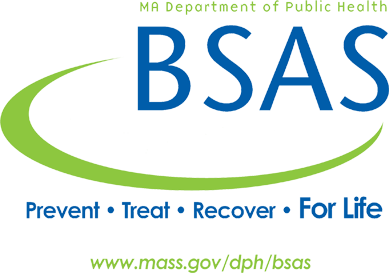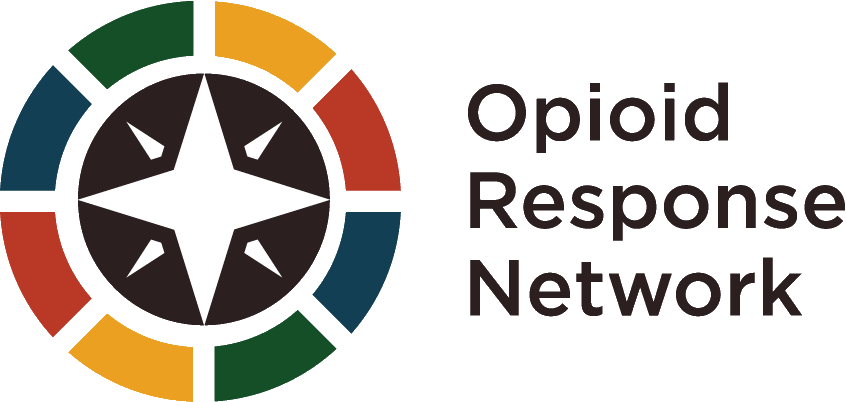In this episode of On Point, the focus is on reevaluating traditional models of addiction treatment and the role of family members and loved ones of people with addiction. While drug overdose deaths are at an all-time high, the traditional “hit rock bottom” tough-love approach to addiction treatment perpetuates stigma and the wrongful assumption that addiction is a choice and a moral failing instead of a treatable chronic health condition. Alicia Ventura, Director of Research and Special Projects at the Grayken Center for Addiction Training and Technical Assistance program at Boston Medical Center, highlights the flaws in this approach, advocating for a shift toward supporting loved ones in their recovery from addiction. As the discussion unfolds, the episode prompts listeners to consider whether it’s time to overhaul existing paradigms and embrace more empathetic and effective approaches to addressing addiction.
Click here to access the full On Point podcast episode on WBUR’s website.





